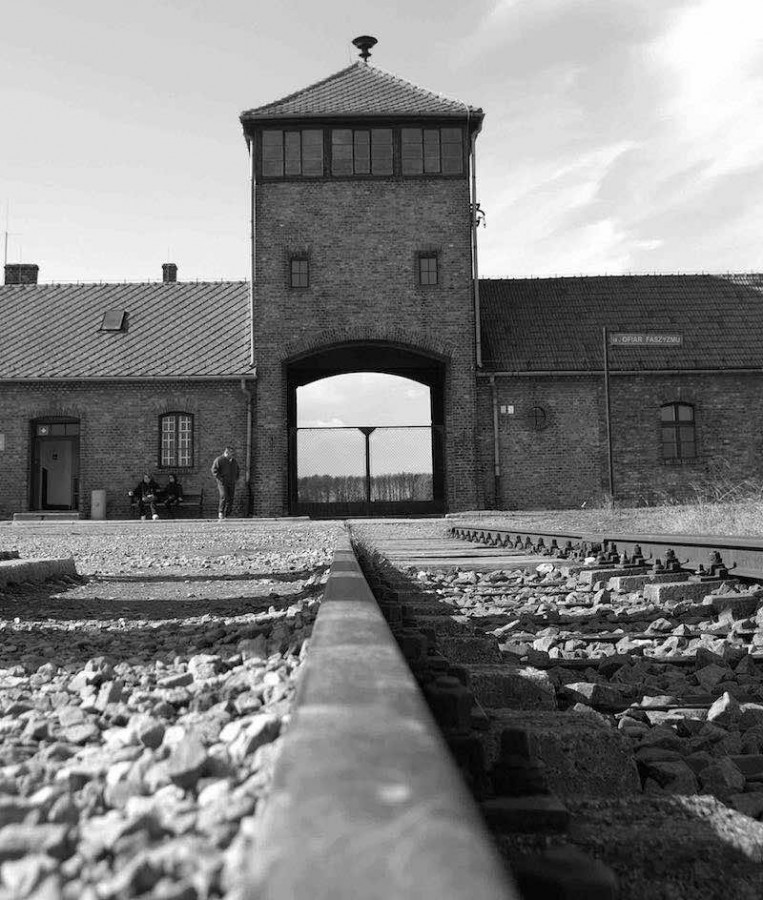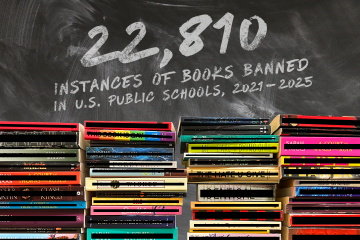
Purim! Today and tomorrow, our Jewish brethren celebrate Purim.
Purim is a remembrance of liberation, a day to recall how God, once again, rescued the Jewish people from potential annihilation. Like the Exodus, celebrated in about a month from today at Passover, Purim recognizes that despite all the machinery we have amassed to keep ourselves safe and secure, personally and internationally, it is ultimately transcendence that provides seminal meaning and value to our efforts. It is only the work of larger presences that ensure purpose in our dogged attempts to keep ourselves free.
Purim tells the story of Queen Esther, a Jewish woman chosen by the Persian king Ahasuerus, probably Xerxes I, to be his bride. As things go on, Esther's uncle, Mordecai, learns of a plot concocted by the courtier Haman to slaughter all the Jews in the Persian Empire. In words that have resonated with believers for centuries, he goes to his niece and advises her that, "And who knows whether you have not attained royalty for such a time as this?" It is you, Esther, and only you who can intervene with the king to save us.
And Esther does, delivering her people from potential destruction. Although we may not always see the passage of transcendence in our earthly reality, and while we may miss its intimations in the life of the world, Purim demonstrates to us that, as much as we might like to suppose that the cosmos is void of larger purpose, purpose nevertheless prevails. Given our technologies, we may well be able to rescue ourselves from almost any situation of peril, yet we may overlook the greater point: in a planet stripped of transcendent meaning, what does it really matter?
"For such a time as this." We really do have value.







